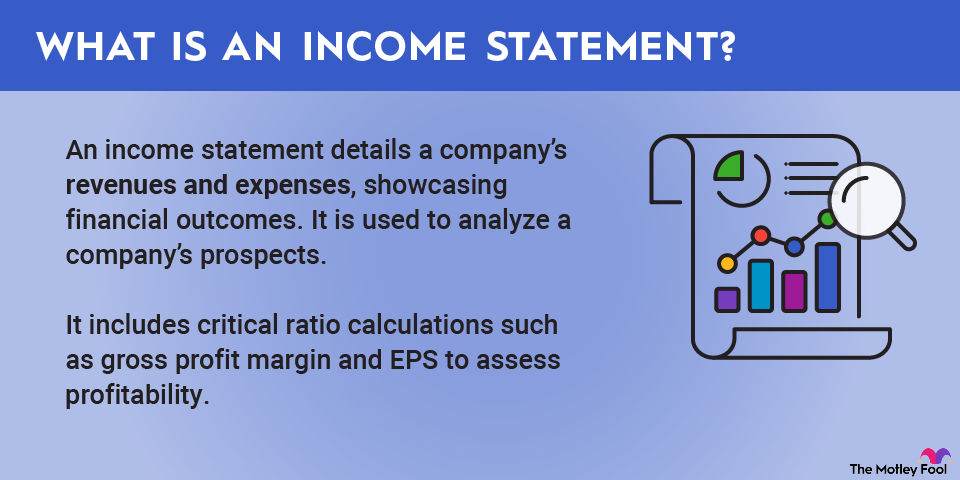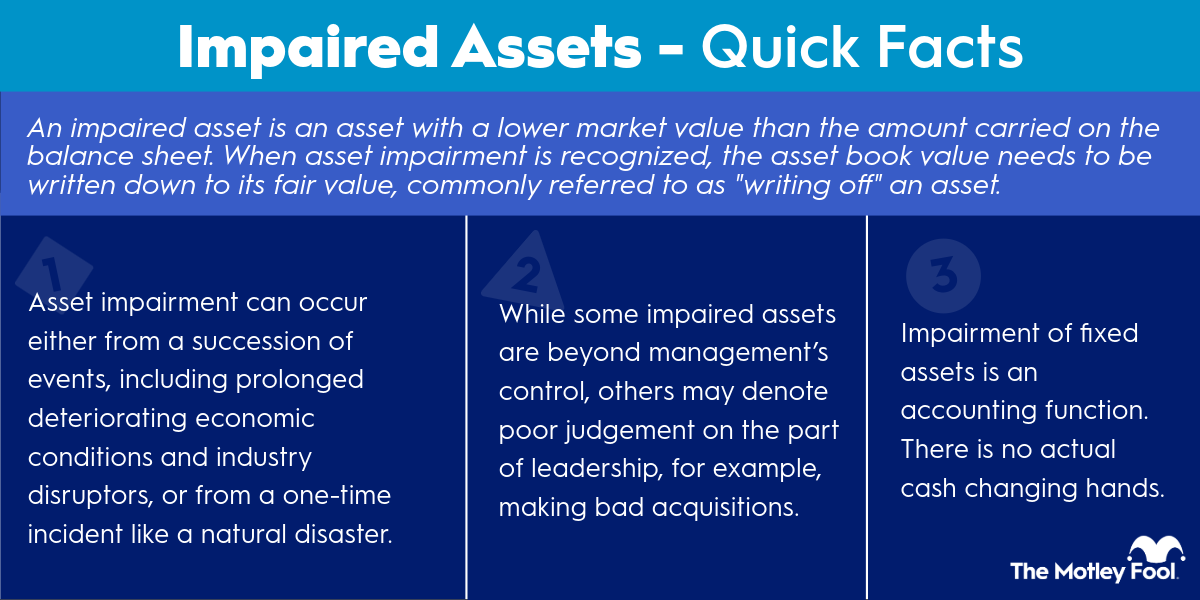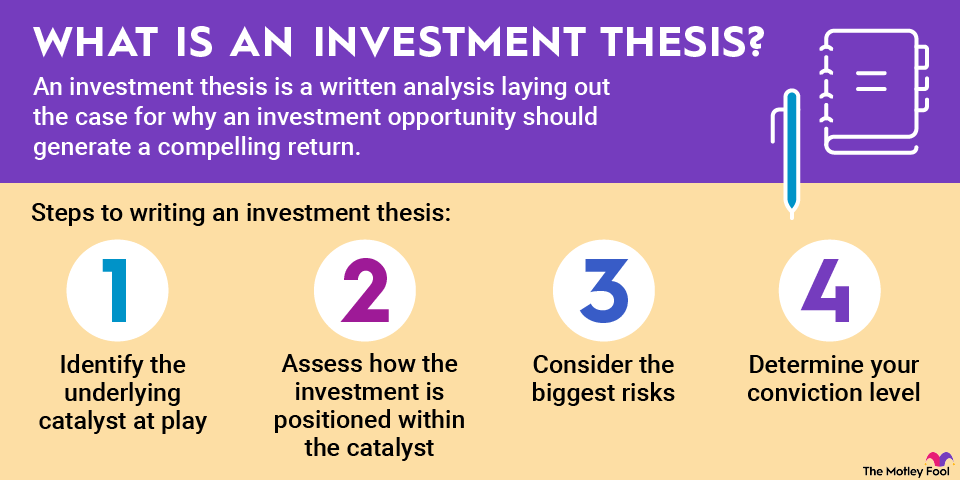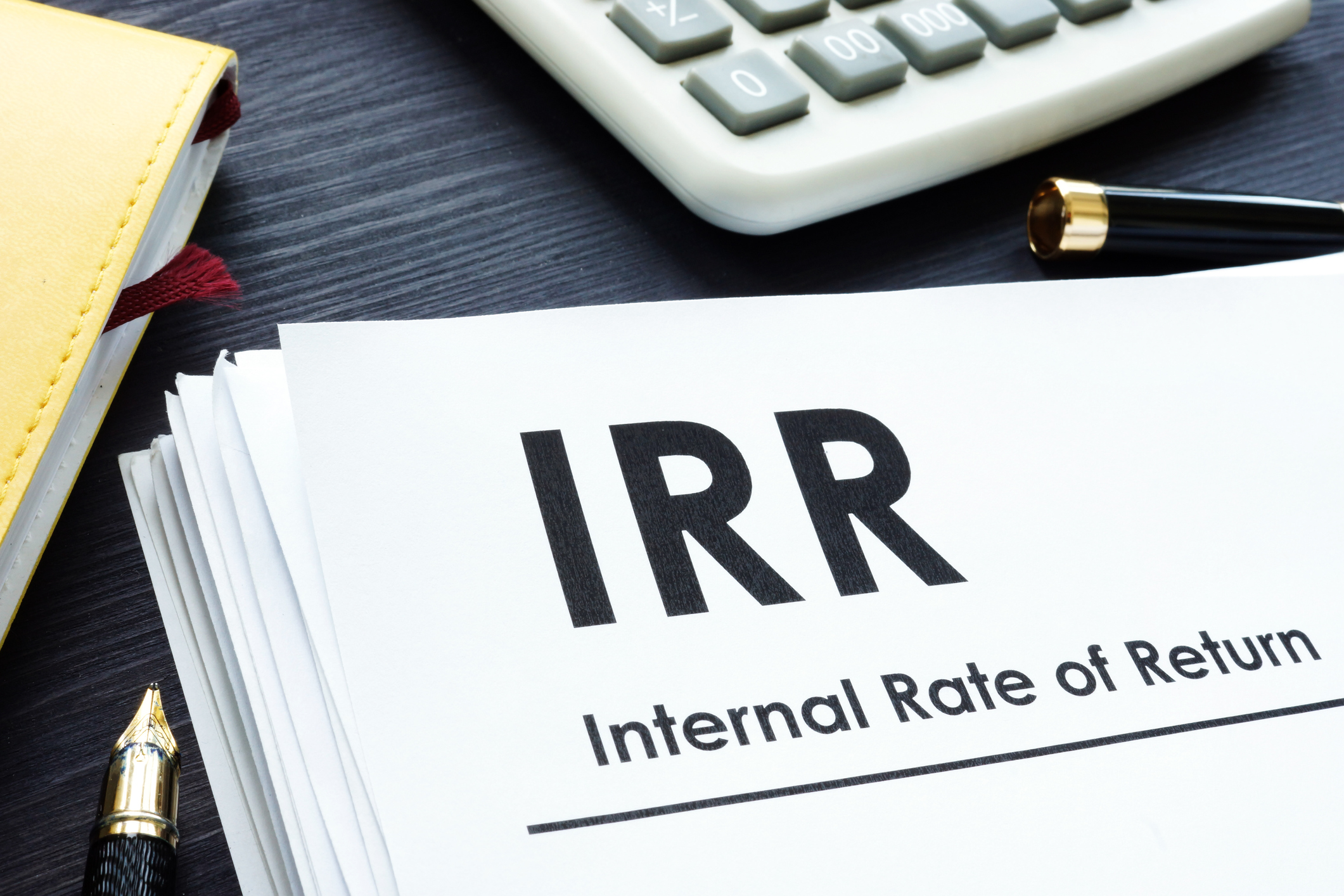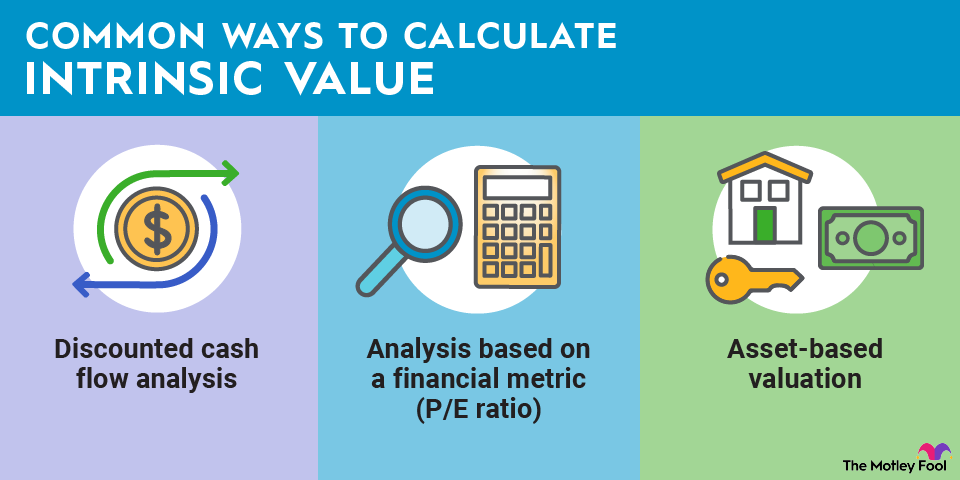An investment is an asset purchased with the goal of generating income or increasing the asset's value over time. Investments can be made in a variety of ways, including in stocks, bonds, mutual funds, and commodities.

What is an investment?
An investment involves putting money into something to gain an advantage or profit, often assets or property purchased as part of that investment. An investment requires the investor to commit financial resources with a goal but no guarantee of achieving favorable returns in the future.
Investments always involve risk, since the value of an asset can increase or decrease over time. The objective of investing is to generate a return on the investment, which can be in the form of income, profit, dividends, or capital gains.
Long-term investing is the practice of holding securities like stocks for a minimum period, with the expectation that they will increase in value over time. The Motley Fool recommends holding stocks for a minimum time frame of three to five years.
Types of investments
When making an investment, it's important to consider your risk tolerance, investment goals, and the time period you expect to hold the investment. Long-term investments can include stocks, bonds, real estate, mutual funds, and exchange-traded funds (ETFs):
- Stocks: These are investments in a company's assets and earnings. Investors can buy and sell shares of stocks through brokerage accounts. Stocks can be risky, and it is wise to diversify capital among 25 or more companies with quality underlying businesses.
- Bonds: A debt security that represents a loan to a company or government. Bondholders receive interest payments and the loan amount back on a specific date.
- Mutual funds: A collection of assets, like stocks and bonds, managed by a portfolio manager and designed to meet specific investment goals. Mutual funds have fees, which are deducted from the fund's returns, and invest in a range of companies and industries. Mutual funds are typically actively managed and trade once a day, unlike stocks or ETFs.
- ETFs: An ETF is a collection of assets that trades on a stock exchange. ETFs are similar to stocks and can be bought and sold throughout the trading day. ETFs are made up of a variety of assets, such as stocks, bonds, currencies, and commodities. Index ETFs tack the performance of an index, such as the S&P 500, while sector and industry ETFs provide exposure to a specific industry, like tech.
There are many other types of investments that some investors may consider, including residential or commercial real estate. A real estate investment trust (REIT) is a company that owns and manages income-generating real estate. Many REITs are publicly traded, allowing investors to diversify their portfolios by investing in a variety of properties.
The pros and cons of investments
Investing can be an effective way to build wealth over time and achieve your long-term financial goals. Investors can achieve regular portfolio income in a variety of ways, including share price appreciation and dividends.
When starting to invest, it's often a good approach to build a portfolio of investments that represents different markets and sectors rather than trying to pick individual winners in single industries. Investing in a combination of assets, including stocks, bonds, and ETFs, can improve and magnify returns over the long run.
Investing is not without its hurdles. Returns are not guaranteed, and it takes time, patience, and consistency to achieve your financial objectives. The stock market is volatile, and bull markets as well as bear markets are common. Investing in highly speculative assets that don’t have a clear business or value proposition, trying to time the market, day trading, or buying investments you don’t understand are all almost guaranteed ways to lose money.
Related investing topics
Choosing investments
If you want to invest in stocks, bonds, mutual funds, ETFs, REITS, or other investments, you can do so through just about any brokerage platform. However, before you put your money to work, you need to understand your short-term and long-term financial goals.
It’s important to have a financial plan, understand what you’re investing in, and what assets represent the best opportunity to put your money to work in a way that aligns with your risk tolerance levels. You should also be investing with a long-term buy-and-hold perspective.
Finally, when investing in stocks specifically, consider whether you gravitate towards, growth, value, or dividend investments. Many successful investors find that a combination of all three categories of stocks when paired with other asset classes can be an effective strategy to achieve a profitable portfolio.






